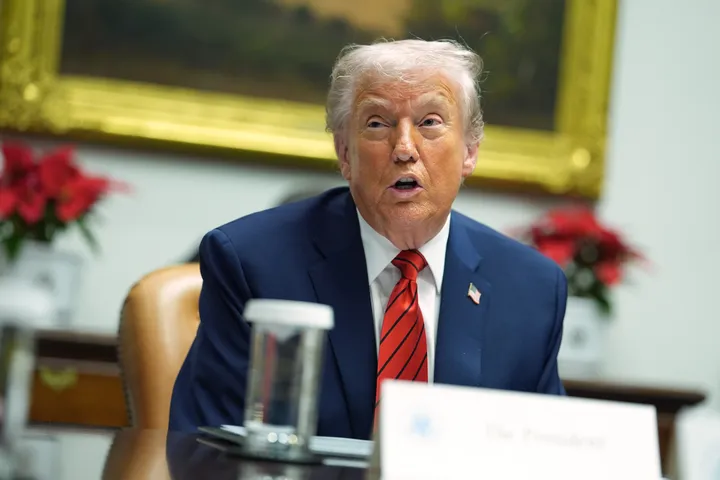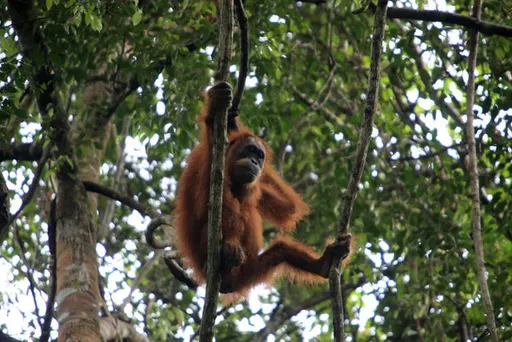United Nations Secretary General Antonio Guterres urges all sides involved in the fight for Raqqa on Thursday to protect civilians in the region.
Guterres said the latest developments in Syria "point once again to the urgent need to reinvigorate the political process," according to UN spokesman Stephane Dujarric.
"The Secretary-General continues to follow closely the situation in Raqqa, Syria. He recalls the obligation of all parties to the conflict to protect civilians, and abide by international humanitarian and human rights law," Dujarric added.
US-backed Syrian Democratic Forces declared victory over Daesh in the terror group's de facto Syrian capital Raqqa on Tuesday.
The SDF is a coalition of forces, but dominated by YPG militias. Turkey views the YPG as a terrorist group aligned with the PKK which has fought a bloody campaign in southeast Turkey that has claimed thousands of lives since 1984.
During the Raqqa fight hundreds of thousands of people have fled the city to escape violence and aid workers warn it could take years for them to return to their homes.
TRT World'sAhmed al Burai met some of these refugees and has this report.
Geneva talks
UN special envoy for Syria, Staffan de Mistura met with Russian Foreign Minister Sergei Lavrov on Thursday in Moscow and said Geneva will be ready to host Syria talks in November.
In return Lavrov said he expects new rounds of peace talks to be held soon in both Astana and Geneva.
In July, Geneva peace talks had ended with incremental progress but no major breakthrough.
De-escalation zones
Meanwhile, Russian President Vladimir Putin has said he fears de-escalation zones in Syria could lead to a division of the country during his speech at Valdai Discussion Club Session in Sochi on Thursday
"I would prefer it not to be a prototype of Syria's division, on the opposite, after creation of de-escalation zones those people who will control the situation in these zones, would establish contacts with Damascus, with the government it is already happening in many places." he said.
Putin said he had all grounds to believe that Moscow, along with Damascus, would soon defeat terrorists in Syria.
"There is all reason to believe that we will defeat terrorists there in the near future. But that's no cause for celebration yet. We can't say that's the end of them because terrorism as a phenomenon, has deep roots." he said.
He also added that the Syrian peace process was developing in a positive way, though there were still problems, and that there was a proposal to hold a Congress of Syrian peoples, bringing together representatives of all ethnic groups in Syria.
























